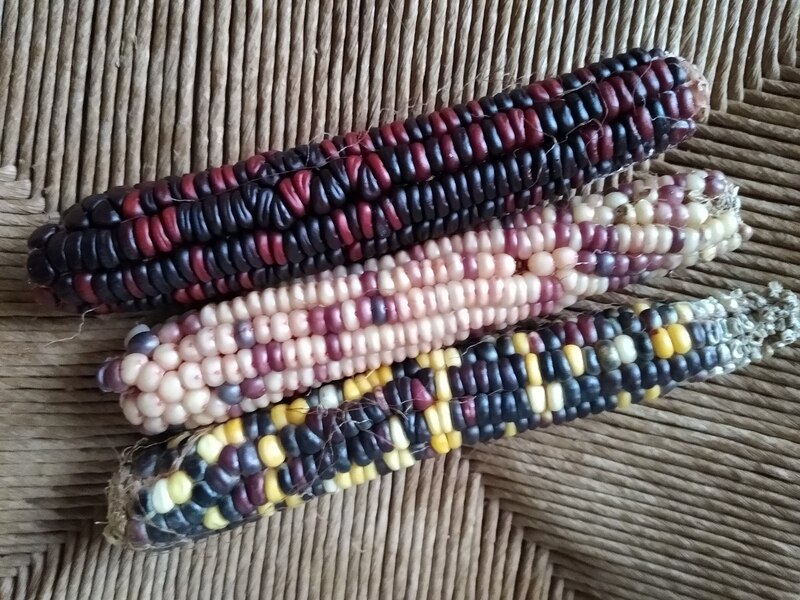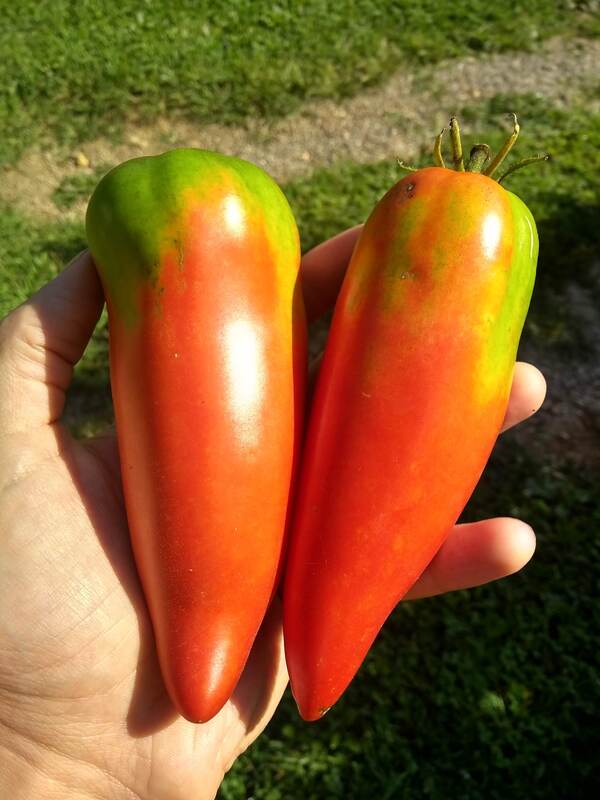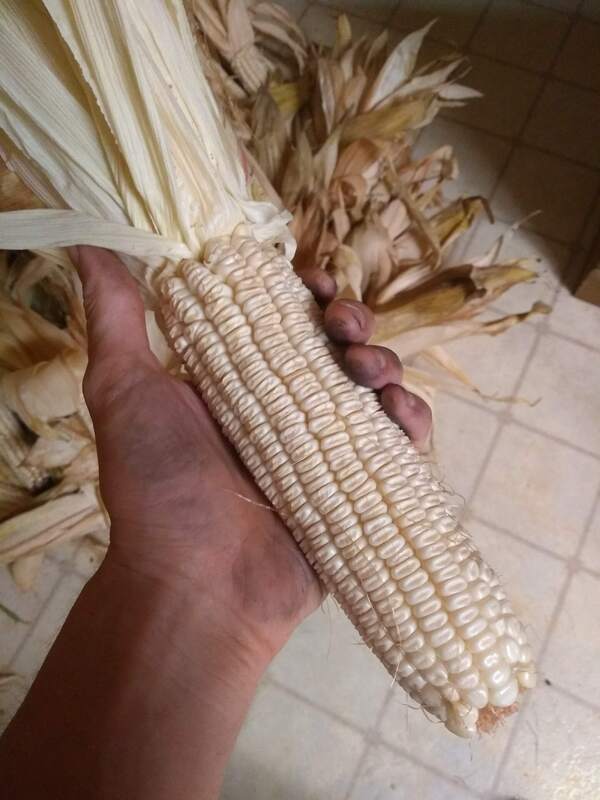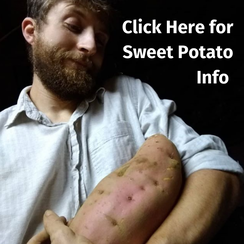Adopt-a-Variety (Free Shipping)
*Note* We are suspending our seed shipments this season *Note*
For the time being, we are not going to list heirloom seeds on the website for "adoption." We'll be focusing on sharing seed through seed swaps and song-to-seed presentations. Thanks!
--Wm.
--Wm.
If you would like to support our educational efforts and work collecting, growing, and sharing Southern Appalachian heirloom seeds, please consider adopting! Traditionally speaking money rarely changed hands when seeds were exchanged--in some communities it was even considered bad luck! That said, Covid-19 drastically altered our plans to offer public educational events where we could distribute these special and priceless seeds. We recognize these seeds need to be shared and grown, but they also need to be valued. When seeds were exchanged traditionally, they weren't just "given away." Often seeds or other goods were traded, and at the very least--friendship and respect.
William is very much looking for people to commit to stewardship of these varieties (forever homes!). Already, he has collected more seeds than he could grow out over the course of his expected remaining gardening seasons. The seeds deserve to live, thrive, and adapt to the very real challenges that we will face future. Sleeping in a freezer they can't do that!
Every year we will offer up a very limited number of old-time seeds or slips (sweet potatoes) from our seed plots to good forever gardens. (You do not need a fenced in garden or a letter from your landlord).
Many of these are very old "landraces" that are prone to sometimes sporting or producing offspring that are not "true-to-type." We don't think of that as a bad thing, in fact, it often means these seeds carry the genetic potential for adapting to disease and climactic pressures. As you save seed every year, they'll be better able to adapt to your particular area. It's also just very exciting to see how the genetics will express themselves differently every year.
One last note, I do not conduct germination tests. This is not a commercial enterprise, and I firmly believe that "every seed is a plant." In most cases, I have a very limited number of seeds, and only a handful of people (if any) are still growing them. They are simply too rare to sacrifice for germination tests.
William is very much looking for people to commit to stewardship of these varieties (forever homes!). Already, he has collected more seeds than he could grow out over the course of his expected remaining gardening seasons. The seeds deserve to live, thrive, and adapt to the very real challenges that we will face future. Sleeping in a freezer they can't do that!
Every year we will offer up a very limited number of old-time seeds or slips (sweet potatoes) from our seed plots to good forever gardens. (You do not need a fenced in garden or a letter from your landlord).
Many of these are very old "landraces" that are prone to sometimes sporting or producing offspring that are not "true-to-type." We don't think of that as a bad thing, in fact, it often means these seeds carry the genetic potential for adapting to disease and climactic pressures. As you save seed every year, they'll be better able to adapt to your particular area. It's also just very exciting to see how the genetics will express themselves differently every year.
One last note, I do not conduct germination tests. This is not a commercial enterprise, and I firmly believe that "every seed is a plant." In most cases, I have a very limited number of seeds, and only a handful of people (if any) are still growing them. They are simply too rare to sacrifice for germination tests.



